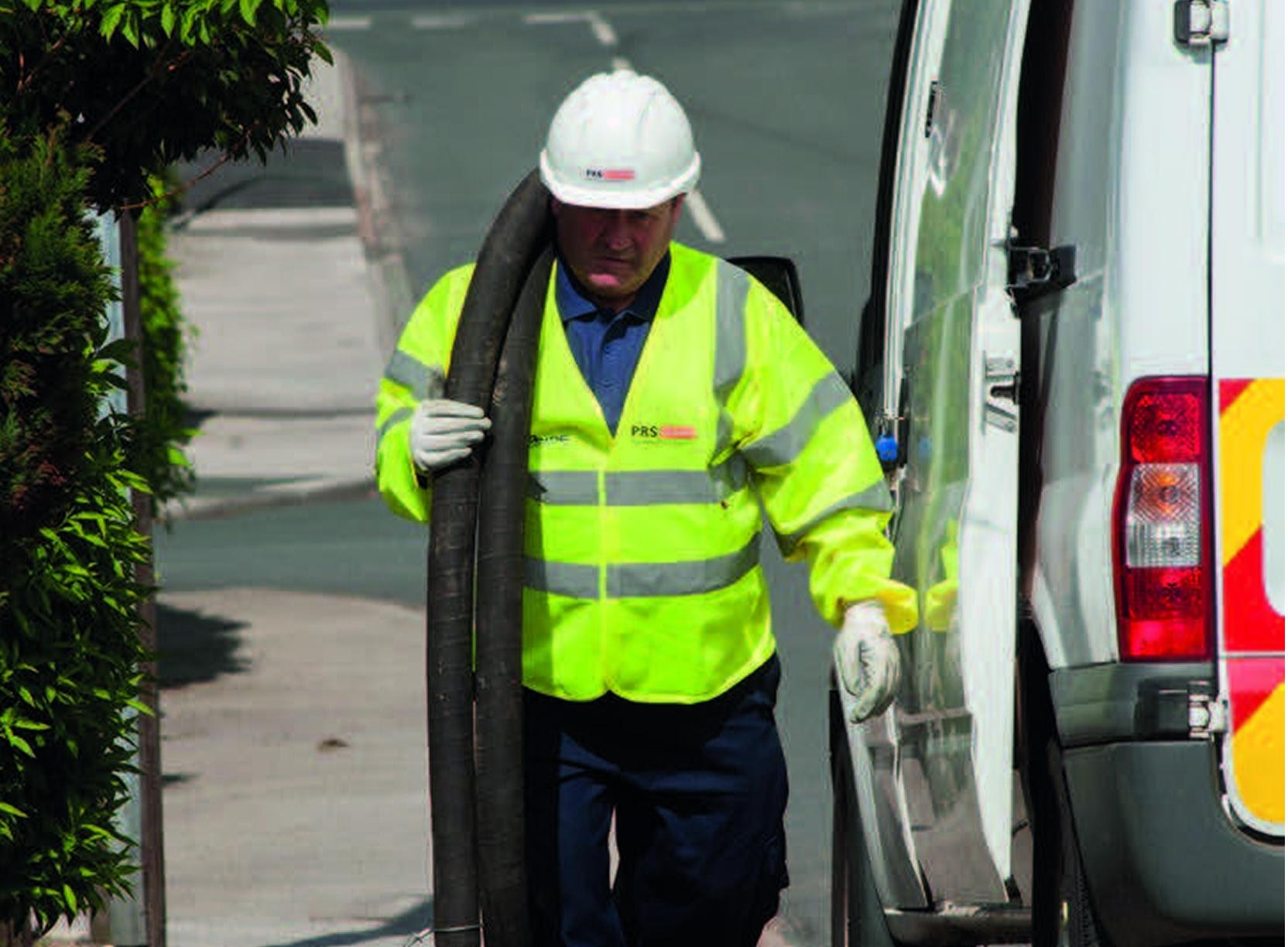A centre for under privileged families in Derby was found to have higher than expected levels of lead in its water. Severn Trent Water called on Pipe Restoration Services to help resolve the problem. The water that Severn Trent Water supplies its customers is virtually lead free. However it can be picked up as the water passes through lead pipes which connect properties to its water pipes. It can also get into drinking water from lead-based soldered joints used on copper pipes or from lead plumbing inside properties. Severn Trent Water supplies approximately 3.7 million homes and businesses and proactively conducts random lead tests as a part of its ongoing water quality testing. During a routine inspection, a facility owned by Children First Derby – a 40-year-old charity that provides care and support facilities to underprivileged families – was found to have a lead water service line on the customers’ side. The building’s domestic water pipe, with a 15mm diameter, runs from the kerb side stop tap, under the building’s foundation, through the building’s walls and up to the building’s water shut off valve in the basement.
Traditional replacement or rerouting methods to deal with the lead issue would have proven expensive and caused major disruption for the centre and its customers, resulting in a loss of this valuable community service for several days. Severn Trent Water suggested Pipe Restoration Services as an alternative as its innovative pipe lining technology ePIPE could restore the lead service line with minimal intrusion and business downtime. ePIPE is Severn Trent Water’s only approved lining solution for lead pipes, as well as the only pipe lining solution within UK regulations capable of coating pipes on both public works and private works. A team from Pipe Restoration Services arrived at the centre on the morning of the scheduled project date and completed the ePIPE lining process by early afternoon. The centre was only closed while the work took place in the morning and was able to resume service as usual by the afternoon, as if nothing had happened. The original lead levels, when tested at the tap before the ePIPE process, were nearly 2.5 times over the current maximum limit of 10 micrograms per litre. After the ePIPE epoxy coating was installed in the service line, lead levels measured at the tap dropped to 0.5 micrograms per litre, well below the maximum limit.
Immerse yourself in more ePIPE information
Loading...

